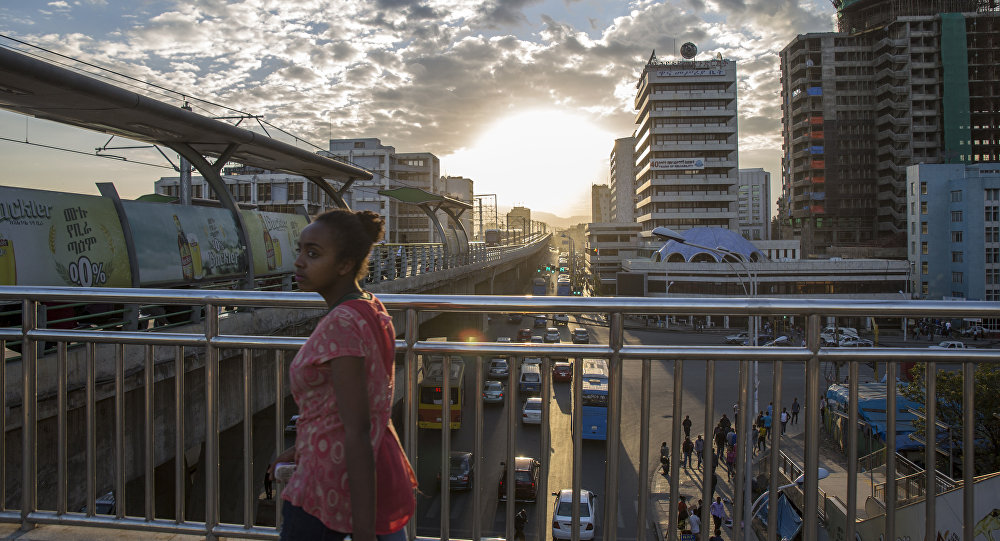An interview with Luz Gómez García by Ana Miguélez García
Sometimes is important to have opinions that are not obeyed to follow any kind of established idea or government. The vision of Luz Gómez García about the situation of Muslim and Arab societies in Middle East could help us to understand in a better way the situation and culture of these collectives.
First of all, if we want to understand the current situation of this region it is necessary to turn back a few years ago, the start of the liberation revolutions in the Middle East and North of Africa: the Arab Spring.
For Luz Gomez, professor of Arab and Islamic Studies in Universidad Autónoma de Madrid and writer about Middle East current affairs in the Spanish newspaper El País, the Arab Spring could achieve some kind of changes of these countries, but the mistake that Western societies may have done is the fact of thinking that this Spring will last short-term and, it is not just one season, as she said.
Secondly, after the spread of these revolutionary movements, it is important to look the current situation of the countries in this region. An important success of these movements is Tunisia. However, there are lots of differences between this country and others of the region despite its cultural similarities with the area. As Luz Gómez said, “Tunisian society is smaller than in other countries, it has social movements well structured (student movements, women movements, trade unions)”. That is why in this country the success of the riots was easier than in others. Nevertheless, the ease of its success is not only based on domestic policy, the International relations and geopolitics took an important role; Europe interests were not as threaten with the “democratic experiment” in this part as in others (like Gulf Powers or Egypt), as our interviewee explained. Luz Gómez tell about this “experiment” in this Powers minds as the “Exception that proves the rule” in difficulties of Arab countries way to democratic systems.
Connecting the situation in Tunisia with the rest of the region after the movement that named the Arab Spring, it is important to know and take into account the position of Western countries in it. According to Luz Gómez, it is necessary to distinguish in Western two different interests, the one defended by the US and the other defended by the EU, but in general, both parts prefer to let the dictatorships and oppressor regimes rule this region for protecting their own interests (the US has not call the Coup d’état in Egypt as one and the immigrants situation in the Mediterranean Sea). An interesting statement made by my interviewee was: “Until the neighbour at the South of the Mediterranean do not be prosper, democratic and free; Europe will not be prosper, democratic and free”.
Consecutively, one of the most heard and important movements in the Arab Spring was the one in Egypt, which ended with a Coup d’état against the democratic elected president Morsi, member of the Muslim Brotherhood. Here is were I wanted to ask Luz Gómez the meaning and differences of democracy for Arabs societies, but the truth is, as Luz said, the concept of democracy always have been under revision. An example that the interviewee gave us was a century ago when women were not allowed to vote in Europe, but this form of government was called Democracy.
It is in here where the word Democracy and what represents came up in the matter of culture and protection of human rights in Muslim societies, concretely women rights. The main idea that is prevailing in Western societies against this religious culture that is carried as a way of living is the existence of the Hiyab (veil that women carry to cover their hair). But an interesting prospective given by Luz Gómez related to this issue are the reasons of why these women carry the veil. “Sometimes, for westerner people is hard to understand that it (the veil) could be a default sign, in the measure that breaks out with the Western standards that have as a main objective to please NGOs or governments policies that forbid were the veil”. Also, “these women are not interested in removed their veil when organizations and governments are not working in raise the number of proteins that children should have”, this perspective of Luz Gómez have helped me to have a more opened minded about the necessities of these societies and our western concerns about them.
For ending the interview, we also spoke about one of the most important issues that concern the entire world nowadays, the fundamentalist terrorist groups in the Middle East. As Luz Gómez said, it is important to know that ISIS is not the only terrorist group, it is just the newest one (before existed Al-Qaeda, the Taliban, the Mujahidin…). All these groups started with the US policy of arming different groups for being to oppose the regimes of different zones. But once the Afghanistan war ends, the groups that were armed by the CIA and the Pakistani ISI cannot be stopped and controlled.
Here is were Luz Gómez wants to emphasize, International Politics have had an important role in the raise of these groups and not only in this problem about terrorist group, the world is connected, and the interests of the powerful countries will, most of the times, determinate the role and conditions of the others. That is why maybe we should focus our forces in building an international society in which Human Rights and real democracies are above of Interests.



